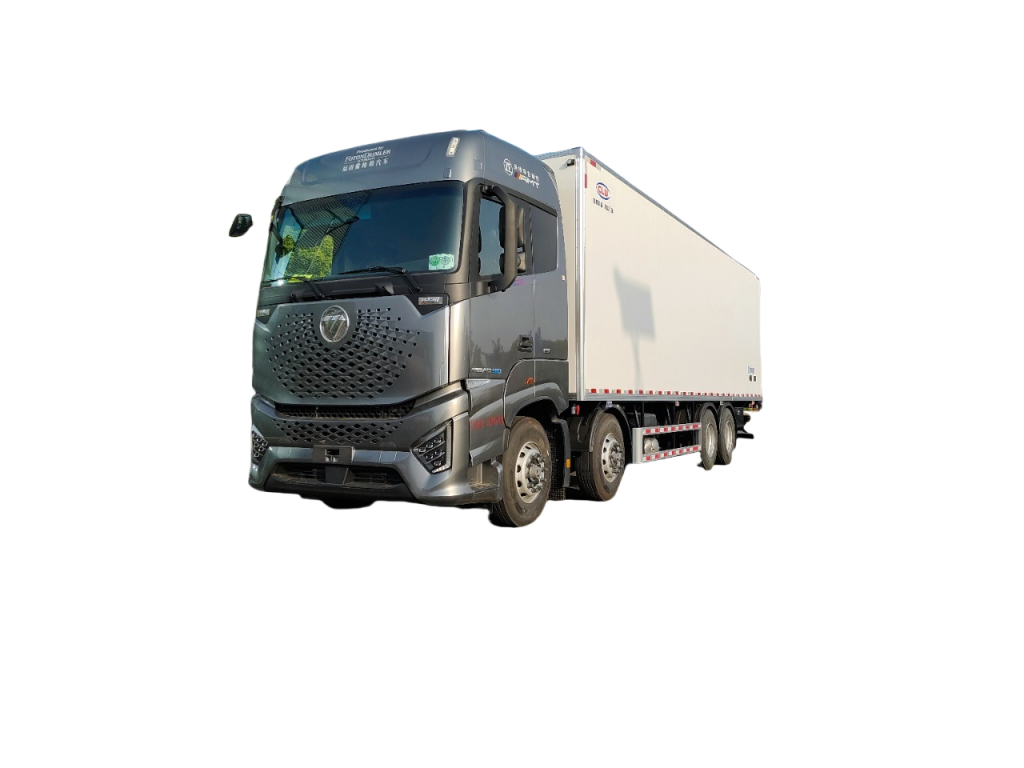Introduction
Work truck trailers are essential assets for many industries, helping transport goods, equipment, and materials efficiently from one location to another. To ensure these trailers operate at their best and maintain their longevity, regular maintenance is crucial. Neglecting trailer maintenance can lead to breakdowns, costly repairs, and even safety hazards on the road. In this comprehensive guide, we will explore the essential aspects of work truck trailer maintenance, including inspection, lubrication, tire care, electrical system checks, and more.
Chapter 1: Importance of Maintenance for Work Truck Trailers
1.1 Cost Savings
Regular maintenance helps identify potential issues early on, preventing major breakdowns that could result in costly repairs or replacement of parts. By investing in routine maintenance, businesses can save money in the long run by avoiding unexpected repair expenses.
1.2 Safety
Maintaining work truck trailers ensures they are in optimal working condition, reducing the risk of accidents on the road. Properly maintained trailers are less likely to experience mechanical failures that could lead to dangerous situations for both the driver and other road users.
1.3 Compliance with Regulations
Many industries have specific regulations regarding the maintenance of commercial vehicles, including work truck trailers. By staying up to date with maintenance schedules and inspections, businesses can ensure they comply with legal requirements and avoid potential fines or penalties.
Chapter 2: Routine Maintenance Checklist for Work Truck Trailers
2.1 Inspection
Regular inspections are essential to identify any signs of wear and tear on the trailer. Inspect the frame, hitch, suspension components, and brakes for any damage or signs of corrosion. Check for loose bolts or fasteners that may need tightening.
2.2 Lubrication
Proper lubrication of moving parts such as wheel bearings, hinges, and suspension components is crucial to prevent premature wear and ensure smooth operation. Use high-quality lubricants recommended by the trailer manufacturer for optimal performance.
2.3 Tire Care
Inspect the tires regularly for signs of wear, cuts, or punctures. Check the tire pressure and ensure it is within the recommended range. Rotate the tires periodically to promote even wear and extend their lifespan. Replace tires that are worn out or damaged to maintain safety on the road.
2.4 Electrical System
Check the trailer's electrical system, including lights, brakes, and wiring, to ensure they are functioning correctly. Test the brake lights, turn signals, and marker lights to ensure visibility on the road. Replace any faulty bulbs or wiring to maintain proper functionality.
2.5 Brake Maintenance
Brakes are critical components of work truck trailers that require regular inspection and maintenance. Check the brake pads, drums, and hydraulic system for signs of wear or leaks. Adjust the brake system as needed to ensure optimal stopping power and safety on the road.
Chapter 3: Seasonal Maintenance for Work Truck Trailers
3.1 Winter Maintenance
During the winter months, work truck trailers face unique challenges such as snow, ice, and freezing temperatures. Perform a thorough inspection of the trailer's components to identify any issues that may be exacerbated by cold weather. Check the brakes, tires, and electrical system to ensure they are winter-ready.
3.2 Summer Maintenance
In hot weather, work truck trailers may experience increased wear on tires and bearings due to higher temperatures. Inspect the cooling system and ensure it is functioning correctly to prevent overheating. Check the air conditioning system if equipped to maintain driver comfort during hot summer days.
Chapter 4: Advanced Maintenance Techniques for Work Truck Trailers

4.1 Preventive Maintenance
Implementing a preventive maintenance schedule for work truck trailers can help businesses stay ahead of potential issues and minimize downtime. Keep detailed records of maintenance tasks, inspections, and repairs to track the trailer's overall condition and performance over time.
4.2 Component Upgrades
Upgrading certain components of work truck trailers, such as brakes, suspension systems, or lighting, can improve performance, safety, and efficiency. Consult with a professional mechanic or trailer manufacturer to determine the best upgrades for your specific trailer model and usage requirements.
4.3 Regular Cleaning
Keeping work truck trailers clean not only improves their appearance but also helps prevent corrosion and rust buildup. Wash the trailer regularly, paying attention to areas prone to dirt and debris accumulation. Apply a protective coating or wax to maintain the trailer's exterior and prevent damage from environmental factors.
Chapter 5: Outsourcing Maintenance Services for Work Truck Trailers
5.1 Benefits of Outsourcing
For businesses with limited resources or expertise in trailer maintenance, outsourcing maintenance services to professional mechanics or repair shops can be a cost-effective solution. Outsourced maintenance providers have the knowledge, tools, and experience to perform thorough inspections and repairs, ensuring work truck trailers remain in top condition.
5.2 Choosing a Maintenance Provider
When selecting a maintenance provider for work truck trailers, consider factors such as experience, reputation, pricing, and service offerings. Look for providers with a track record of quality work and customer satisfaction to ensure your trailers receive the best care possible.
Conclusion
Proper maintenance is essential for the reliable performance and longevity of work truck trailers. By following a comprehensive maintenance schedule, businesses can prevent costly repairs, ensure safety on the road, and comply with industry regulations. https://www.worktruckmaker.com , lubrication, tire care, electrical system checks, and advanced maintenance techniques are key aspects of maintaining work truck trailers in optimal condition. Whether performing maintenance in-house or outsourcing to professional providers, investing in trailer maintenance is a worthwhile endeavor that pays off in the form of cost savings, safety, and operational efficiency.
